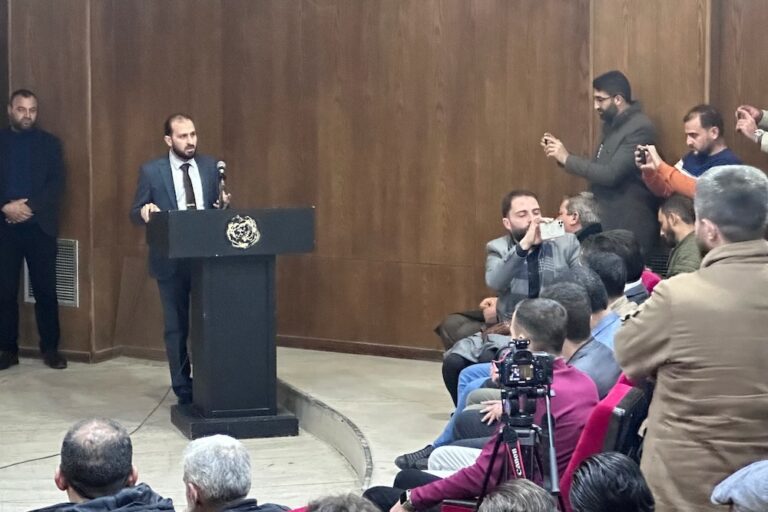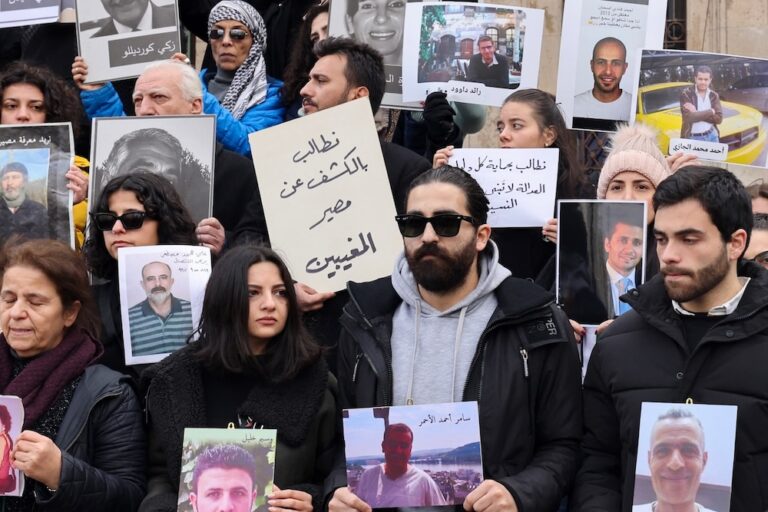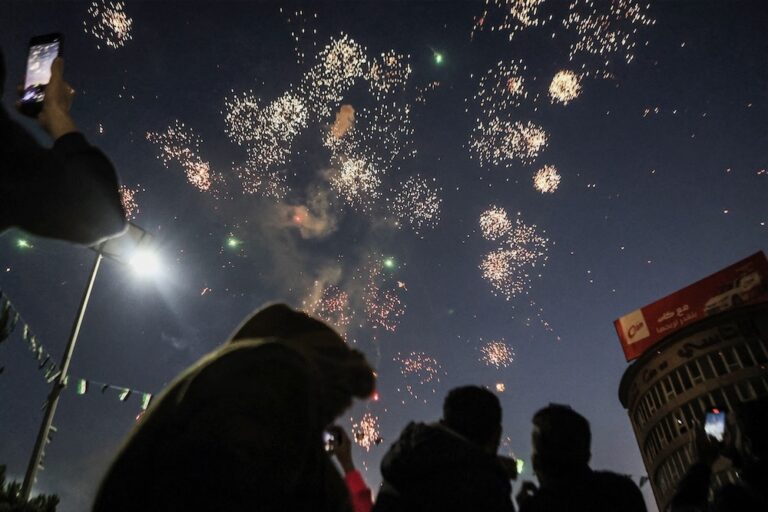(CPJ/IFEX) – The following is a 7 September 2001 CPJ press release: NEW CPJ BRIEFING ON PRESS FREEDOM IN SYRIA New York, September 7, 2001 – Just over a year after Syrian president Bashar al-Assad assumed power following the death of his father, the late Hafez al-Assad, optimism for a full-fledged revival of Syria’s restricted […]
(CPJ/IFEX) – The following is a 7 September 2001 CPJ press release:
NEW CPJ BRIEFING ON PRESS FREEDOM IN SYRIA
New York, September 7, 2001 – Just over a year after Syrian president Bashar al-Assad assumed power following the death of his father, the late Hafez al-Assad, optimism for a full-fledged revival of Syria’s restricted media has given way to cynicism.
A briefing released today by the Committee to Protect Journalists (CPJ) analyzes how some in the regime saw the media opening as a threat to their interests, thus triggering an official backlash. But despite numerous restrictions on the Syrian press today, Syrian journalists are still finding creative ways to express themselves in the pan-Arab media.
Titled “Stop Signs,” the briefing is available on CPJ’s Web site at www.cpj.org.
Opening
During the 35-year-old Bashar’s first months in office, it seemed that Syria’s press would benefit from the more relaxed atmosphere that the young Syrian leader helped inspire. For a time, state-controlled papers displayed unusual flair in their coverage of political and social issues. At the same time, the country saw the launch of its first independent newspapers in four decades.
Last year’s “opening” (infitah) under Bashar was a clear case of style over substance, critics say. Today, press reforms have slowed to a trickle. State-owned papers have reverted to their docile old ways. And while the mere existence of privately owned publications is a novelty, local observers complain that the private press lacks true grit.
The report was written by CPJ Middle East program coordinator Joel Campagna, who spent two weeks in Syria last spring. The visit was CPJ’s first to Syria and the first authorized visit to Syria by an international human rights group since 1995.
CPJ is a New York-based, nonpartisan, nonprofit organization that works to defend press freedom worldwide. To read the full text of “Stop Signs” and for more information about CPJ’s work, please visit our Web site at www.cpj.org.


